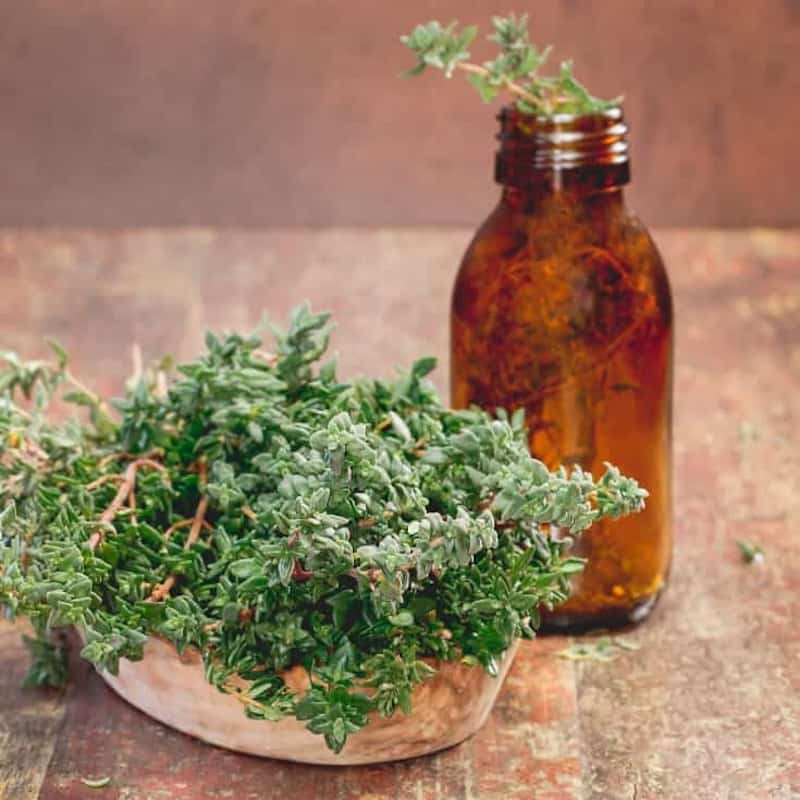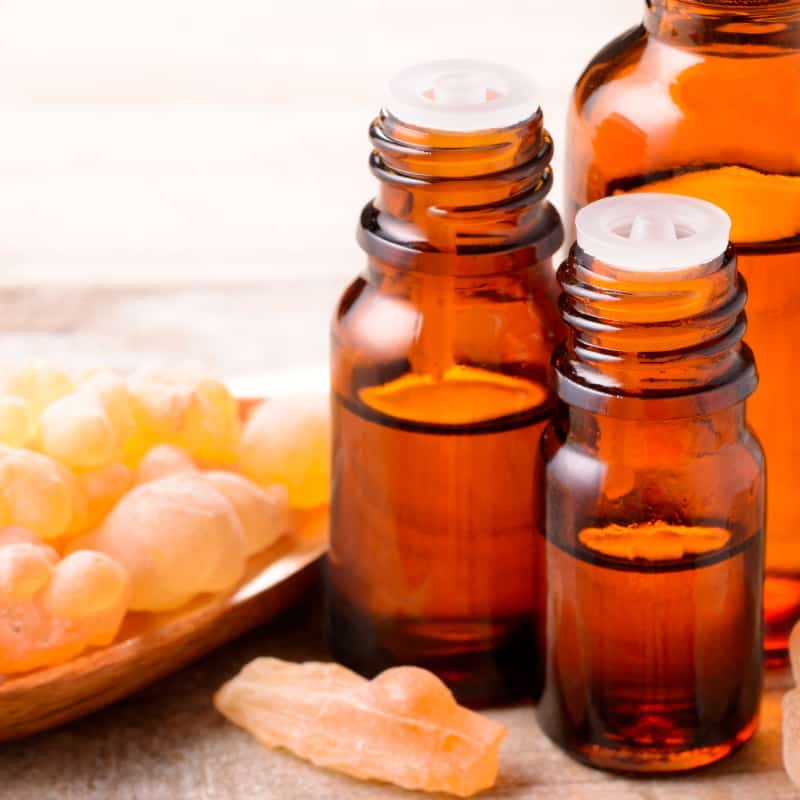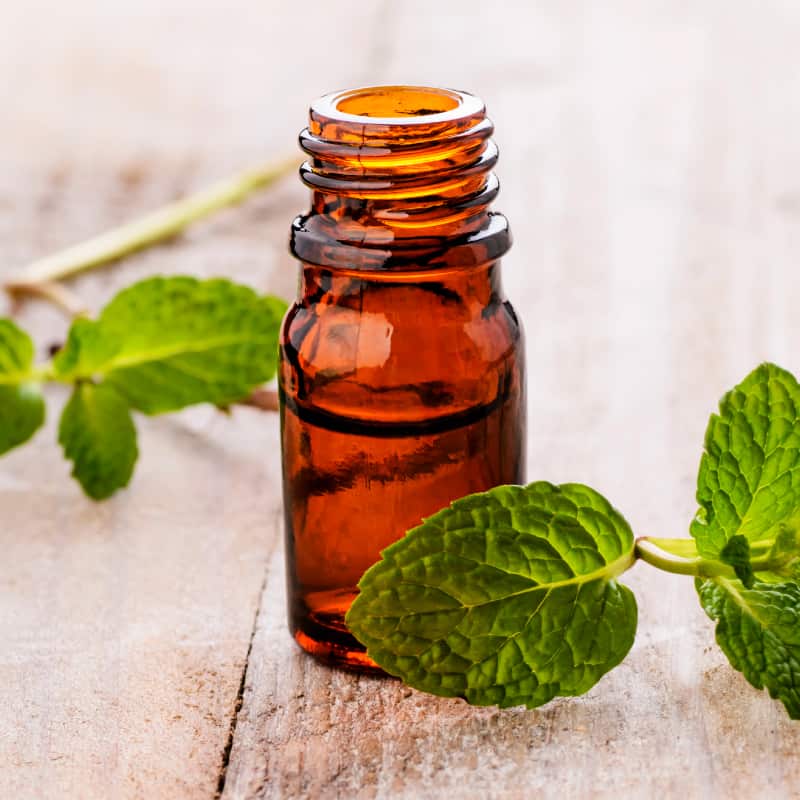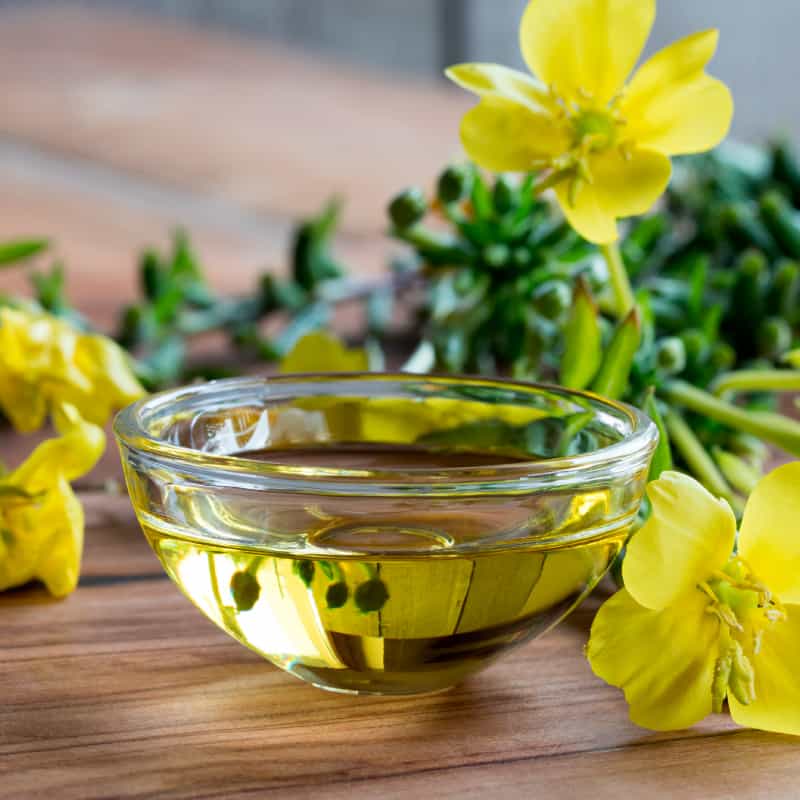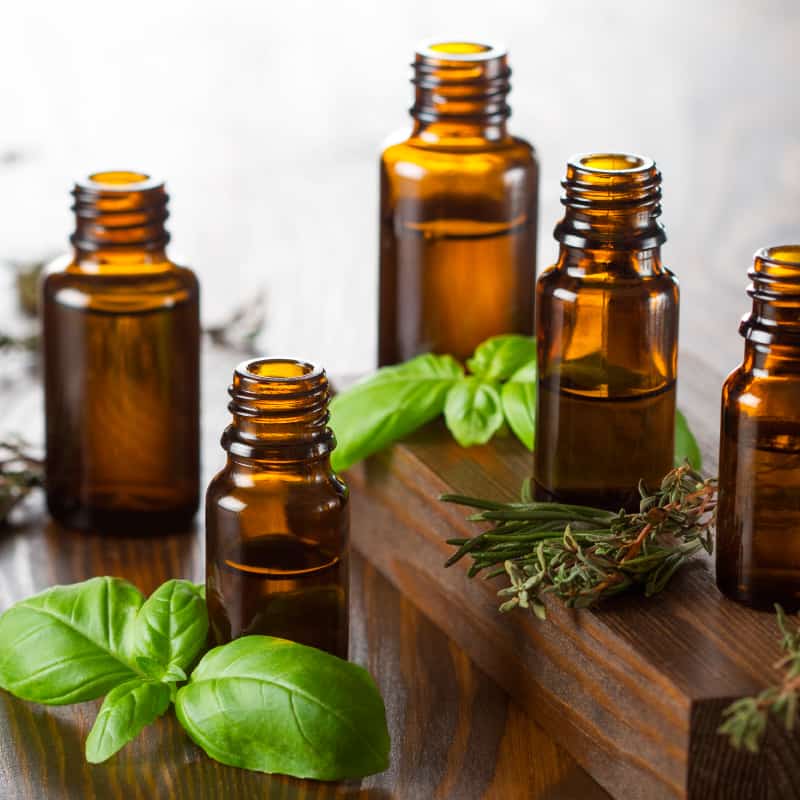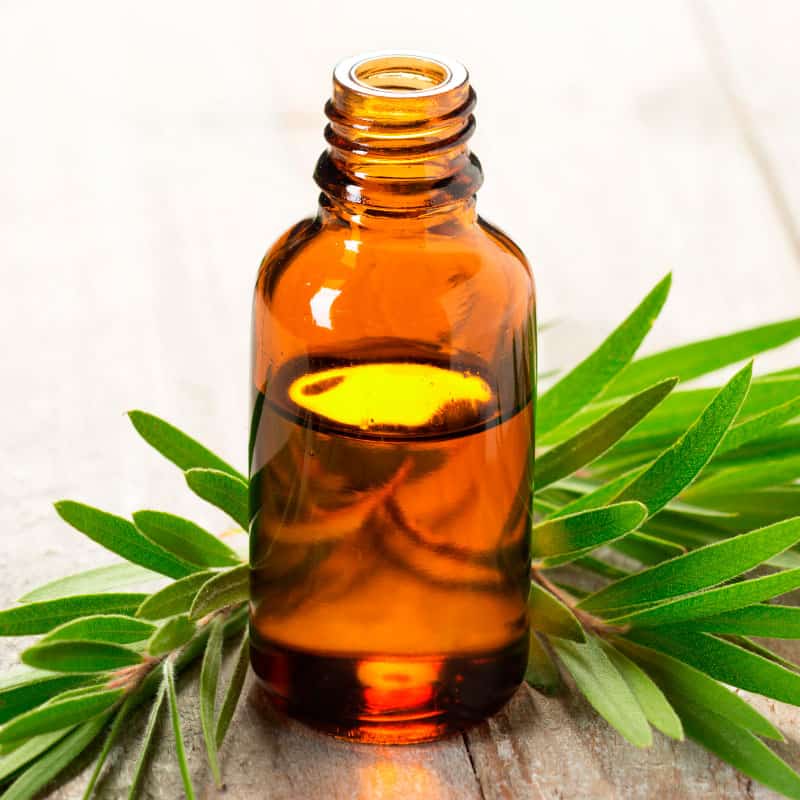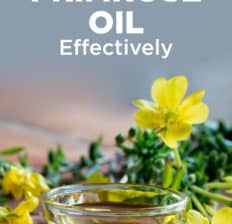This Dr. Axe content is medically reviewed or fact checked to ensure factually accurate information.
With strict editorial sourcing guidelines, we only link to academic research institutions, reputable media sites and, when research is available, medically peer-reviewed studies. Note that the numbers in parentheses (1, 2, etc.) are clickable links to these studies.
The information in our articles is NOT intended to replace a one-on-one relationship with a qualified health care professional and is not intended as medical advice.
This article is based on scientific evidence, written by experts and fact checked by our trained editorial staff. Note that the numbers in parentheses (1, 2, etc.) are clickable links to medically peer-reviewed studies.
Our team includes licensed nutritionists and dietitians, certified health education specialists, as well as certified strength and conditioning specialists, personal trainers and corrective exercise specialists. Our team aims to be not only thorough with its research, but also objective and unbiased.
The information in our articles is NOT intended to replace a one-on-one relationship with a qualified health care professional and is not intended as medical advice.
Evening Primrose Oil Reduces PMS Pain & Increases Fertility
January 17, 2023

It wasn’t until recently that evening primrose oil was used for its amazing health benefits, so you may be surprised to learn about the impact it can have on your hormone health, skin, hair and bones.
Native Americans and European settlers used evening primrose, a wildflower that grows in eastern and central North America, for food. Still today, the seeds of the flower are gathered and cold-pressed for their oil, which is then encapsulated to make dietary supplements.
What is evening primrose oil (EPO) good for? This oil is high in essential fatty acids — which provide the building blocks for cell membranes and a variety of hormones and hormone-like substances.
It’s known to help reduce the pain associated with PMS and menopause and improve chronic skin complaints like eczema, acne and psoriasis. EPO can also be used as an anti-inflammatory agent and is known to be helpful for arthritis and more.
Benefits
The main benefit associated with EPO (Oenothera biennis) is its supply of healthy fats, specifically the types called omega-6 fatty acids. Evening primrose oil has two types of omega-6-fatty acid, including linoleic acid (60%–80% of its fats) and γ-linoleic acid, also called gamma-linoleic acid or GLA (8%–14% of its fats).
Essential fatty acids are necessary for human health, but the body can’t make them on its own — so you need to get them from your diet. Your body needs a healthy balance of essential fatty acids, such as omega-6, found in EPO, and omega-3, found in fish oil.
Along with omega-3 fatty acids, omega-6 fatty acids play a crucial role in immune function and brain function, as well as normal growth and development.
Additionally, fats act as carriers for important fat-soluble vitamins — including vitamin A, vitamin D, vitamin E and vitamin K. For example, dietary fats are needed for the conversion of carotene to vitamin A, mineral absorption and a host of other processes.
Here’s more about how evening primrose oil can benefit your hormones, skin, brain and more:
1. Hormones (PMS + Menopause Symptoms)
What does evening primrose do to hormones? For starters, women around the world take EPO to naturally treat PMS symptoms because of its essential fatty acid content — plus it may help decrease unwanted menopause symptoms. It’s also one of the most recommended menopause supplements.
Getting enough omega-6 fatty acids, such as LA and GLA, is shown to support overall hormonal function within the body when taken for about three to six months.
During a woman’s premenstrual period, she may experience breast tenderness, bloating, water retention, acne, depression, irritability, foggy thinking and headache. These symptoms reportedly can subside after using evening primrose oil, according to a study in the journal Lipids.
In 2013, the results of a randomized clinical trial that looked at the effects of evening primrose oil on 56 menopausal women (aged 45–59 years) was published. These women took two 500-milligram capsules of EPO or a placebo every day for a total of six weeks.
The researchers then compared hot flashes between the two groups and found that oral EPO decreased the intensity of hot flashes and decreased the life disruption that results from these attacks.
2. Fertility
EPO seems to help increase the production of cervical mucus, a factor in successful reproduction and thus a natural treatment for infertility, since this fluid helps create a friendly environment for sperm.
To increase cervical mucus, the recommended dosage is 500 milligrams of EPO, three times a day. If you don’t get results after trying 1,500 milligrams a day, double your dose during the next cycle.
The high levels of essential fatty acids present in EPO also have a direct effect on uterine cells, aiding in contraction and relaxation of muscle tissue. This helps tone the uterine muscles in preparation for pregnancy.
Consuming EPO for its fatty acid content is best only when naturally trying to get pregnant — not for women who are already pregnant because the contraction of the uterus may be problematic at that point.
An animal study done at the Department of Animal Nutrition and Management included male and female blue foxes that were given evening primrose oil during mating season in order to measure its effect on reproductive performance. An interesting result was an increase in litter size, mainly as an effect of male treatment, which might indicate that evening primrose oil benefits go beyond the uterus and have an impact on semen quality as well.
3. Acne
Is evening primrose oil acne-clearing? Even though there aren’t a lot of studies to prove evening primrose’s benefits for acne, dermatologists are known to recommend it as part of an anti-acne regime.
There are many firsthand accounts by acne sufferers who celebrate its skin-clearing benefits when used externally and/or internally.
Getting a proper balance of omega-3 fatty acids and omega-6 fatty acids from healthy sources (like EPO) may help overcome and prevent hormonal acne. These fatty acids also play a role in cell structure, improving nerve function and promoting skin elasticity.
To take advantage of this evening primrose oil health benefit for hormonal acne, you can take an evening primrose oil capsule daily — much like a fish oil capsule. You can also put the oil on your face directly. This is known to help with the healing process and improve the overall appearance of your skin.
4. Hair Loss
Men and women struggle with hair loss, and sometimes the best way to prevent this issue is with diet or supplements. Hormones in both men and women are responsible for many body processes.
When it comes to hair, hormones play a significant role — including in the hair pattern found on your head, as well as the rest of your body.
While there hasn’t been much research to date on using EPO specifically as a hair loss remedy, since the oil has been shown to improve skin inflammation and dryness, it makes sense that these benefits would transfer to the skin on our scalps and likely help to boost hair growth and quality.

5. Skin Health
Evening primrose oil has proved to be a valuable treatment choice for people suffering from skin conditions, such as eczema, psoriasis and atopic dermatitis. Studies published in the International Journal of Cosmetic Science have even shown that EPO can also help with age-related structural and functional changes in skin tissues, such as redness, firmness, roughness and fatigue resistance.
Studies prove that evening primrose oil is remarkably effective in relieving many symptoms of eczema, including itching, redness and edema.
Research shows that people with eczema don’t have the normal ability to process fatty acids. This results in a deficiency of gamma-linolenic acid (GLA).
GLA is an omega-6 fatty acid that the body can convert to substances that help manage inflammation. One study found that GLA helps suppresses inflammation mediators, such as interleukin 1β (IL-1β), interleukin 6 (IL-6) and cytokine-tumor necrosis factor α (TNF-α).
Psoriasis occurs when skin cells replicate too quickly, which results in swollen patches under the skin covered with whitish scales on top. The scaly patches, also known as psoriatic plaques, are areas of inflammation and excessive skin production.
EPO also seems to help naturally treat psoriasis because the essential fatty acids help with hormone balance and digestion.
Atopic dermatitis is a chronic, relapsing, itchy skin condition that commonly starts in childhood. The condition begins with a defective metabolism of essential fatty acids.
One study published in the Indian Journal of Dermatology, Venereology, and Leprology measured the impact of 500 milligrams of evening primrose oil on patients who struggled with this skin condition. Ninety-six percent of the patients showed improvement after five months, and this form of treatment was noted as safe and effective.
6. Rheumatoid Arthritis
Some studies show that primrose oil may be a suitable natural remedy for rheumatoid arthritis. Rheumatoid arthritis is an autoimmune condition usually caused by a combination of genetic, environmental and hormonal factors.
One study done by Arthritis Research UK measured the effects of evening primrose oil on 49 people. The data found that 94 percent of participants who got evening primrose oil reported a significant improvement of disease-related symptoms, including pain and morning stiffness.
When using evening primrose oil for symptoms of arthritis, it may take one to three months for benefits to appear.
7. Osteoporosis
Osteoporosis is when small holes or weakened areas are formed in the bone. This can lead to fractures, pain and a dowager’s hump (a hump at the upper back).
Some studies propose that people who don’t get enough of some essential fatty acids are more likely to have bone loss than those with normal levels of these fatty acids. Taking evening primrose oil, along with fish oil and calcium, seems to decrease bone loss and increase bone density in elderly people with osteoporosis.
In one controlled trial, women either took a placebo or six grams of a combination of evening primrose oil and fish oil along with 600 milligrams of calcium every day for a total of three years. The women who took evening primrose, fish oil and calcium had zero spinal bone loss in the first 18 months and an impressive 3.1 percent increase in spinal bone mineral density during the last 18 months.
How to Use
Dosage recommendations for EPO vary depending on the reason you’re using it. A general recommendation is to take between one and six grams daily, usually split into two or three doses.
If you’re unsure how much to take, begin with one to two grams per day in divided doses (morning and night). In some cases higher doses up to eight grams might be recommended.
Usually EPO is used for about three to six months at a time.
- To help manage PMS and menopause symptoms: Take 500 milligram capsules, two or three times daily.
- For fertility support: Take 500 milligram capsules, two or three times daily.
- For bone support: Take between three and six grams of a combination of evening primrose oil and fish oil daily.
- To help treat hair loss: You can apply evening primrose oil directly to the scalp and hair. Let it sit for 30 minutes as a rich, hydrating mask, and then wash your hair as you normally would.
- To manage hormonal acne: Take an evening primrose oil capsule, open it and put the oil on your face directly once time each day.
Related: 14 Geranium Oil Benefits for Healthy Skin and Much More
Risks and Side Effects
What are the side effects of evening primrose oil? It’s considered to be generally safe when used in recommended dosages.
Evening primrose oil side effects are rare, but reported side effects have included headache, stomach upset, nausea, dizziness and rash.
Recent research reveals that too much omega-6 in the diet creates an imbalance that can interfere with production of important prostaglandins. This disruption can result in increased tendency to form:
- blood clots
- inflammation
- high blood pressure
- irritation of the digestive tract
- depressed immune function
- sterility
- cell proliferation
- cancer
- weight gain
Evening primrose oil pregnancy recommendations vary. Don’t take evening primrose or use evening primrose oil to induce labor unless instructed to by your health care provider.
It’s thought to be safe for mothers who are nursing — however it’s a good idea to get your doctor’s advice about supplements in general when breastfeeding.
Is there estrogen in evening primrose oil?
According to Memorial Sloan Kettering Cancer Center, “Evening primrose oil does not have hormonal properties, but some products that contain it may also contain phytoestrogens, which are plant-derived sources of estrogen.”
Who should not take evening primrose oil?
If you take medication for depression, blood thinners or blood pressure medication, speak to your health care provider before consuming evening primrose oil.
If you’re prone to seizures and take a class of medications called phenothiazines — used to treat schizophrenia — you shouldn’t take evening primrose oil because it may increase your risk of seizures.
People with hormone-sensitive cancers should also not use evening primrose oil products unless working with a doctor, due to how the oil potentially has hormone-mimicking effects.
Conclusion
- Evening primrose oil (Oenothera biennis) is extracted from the seeds of the evening primrose plant. The oil contains the beneficial fatty acid gamma-linolenic acid.
- Evening primrose oil benefits include helping manage female hormonal balance issues like PMS and menopause; fertility; skin concerns including eczema, psoriasis and acne; arthritis; and osteoporosis.
- In capsules form, it can be used both internally and externally depending on your health goals.
- Check with your doctor before taking evening primrose if you are pregnant, breastfeeding, have a history of hormone-sensitive cancers, or are taking blood thinners, blood pressure medications or antidepressants.


